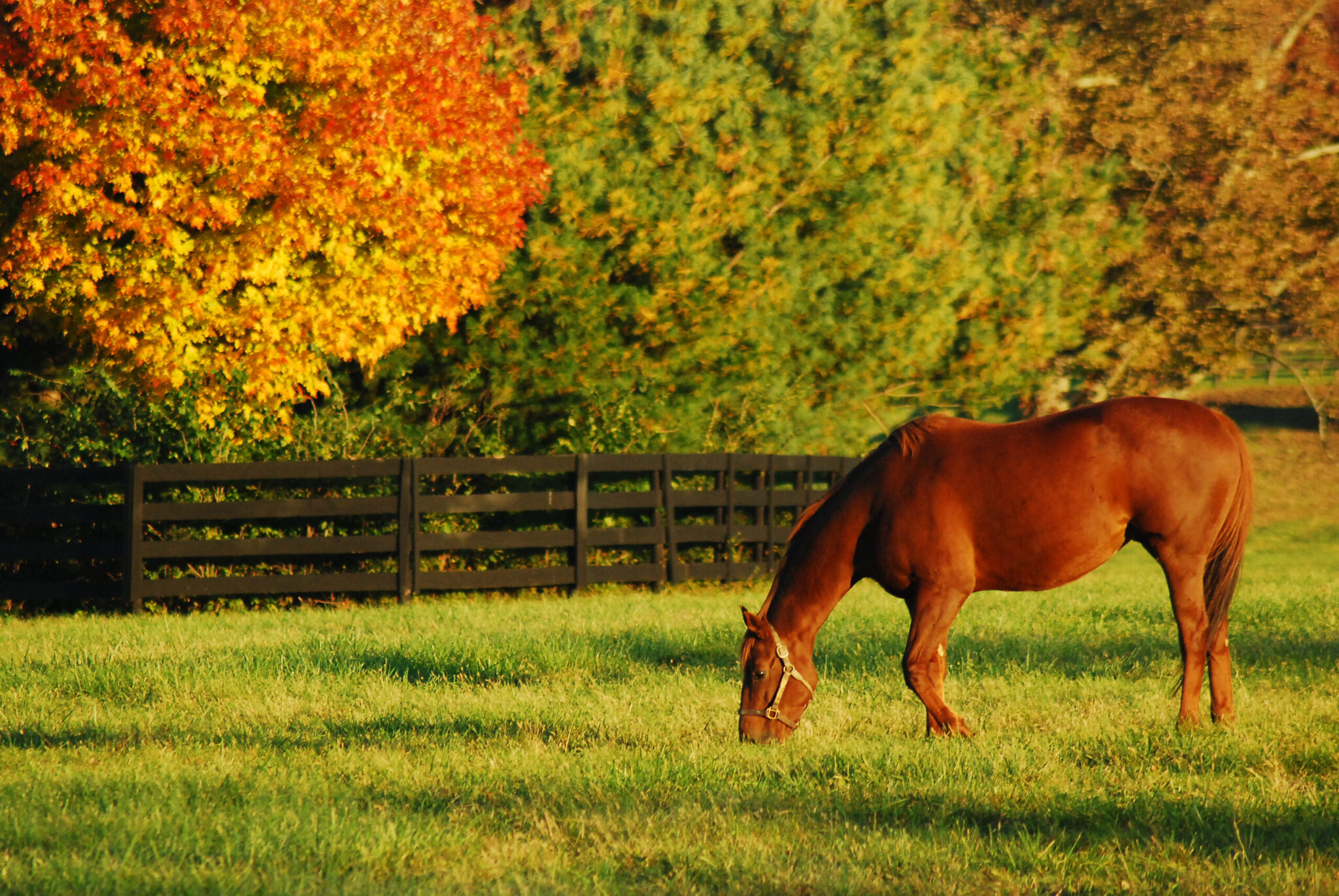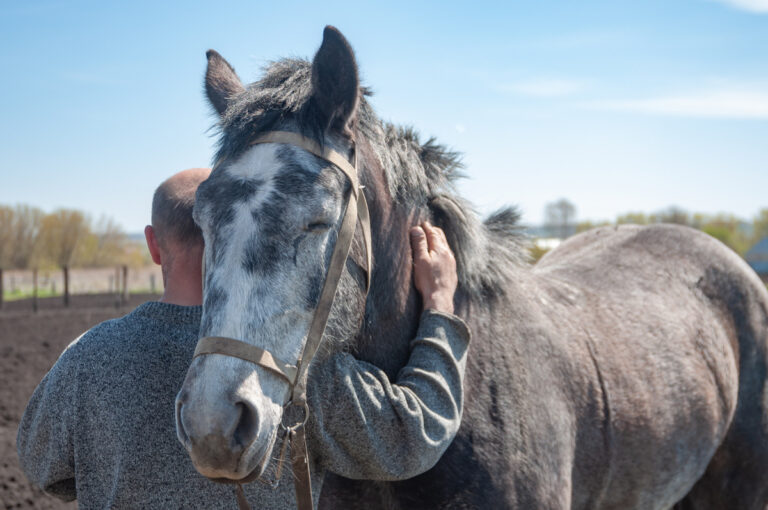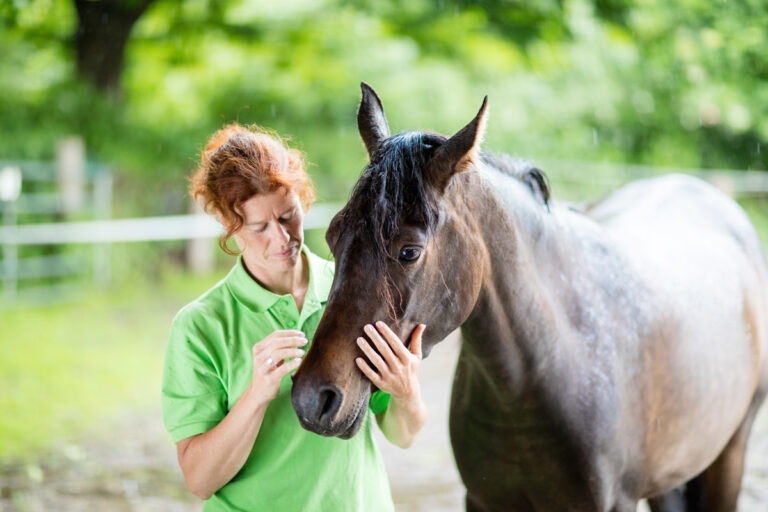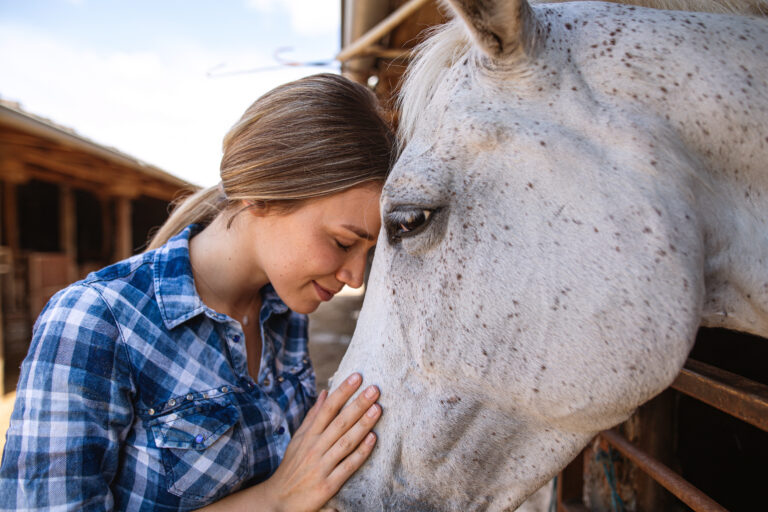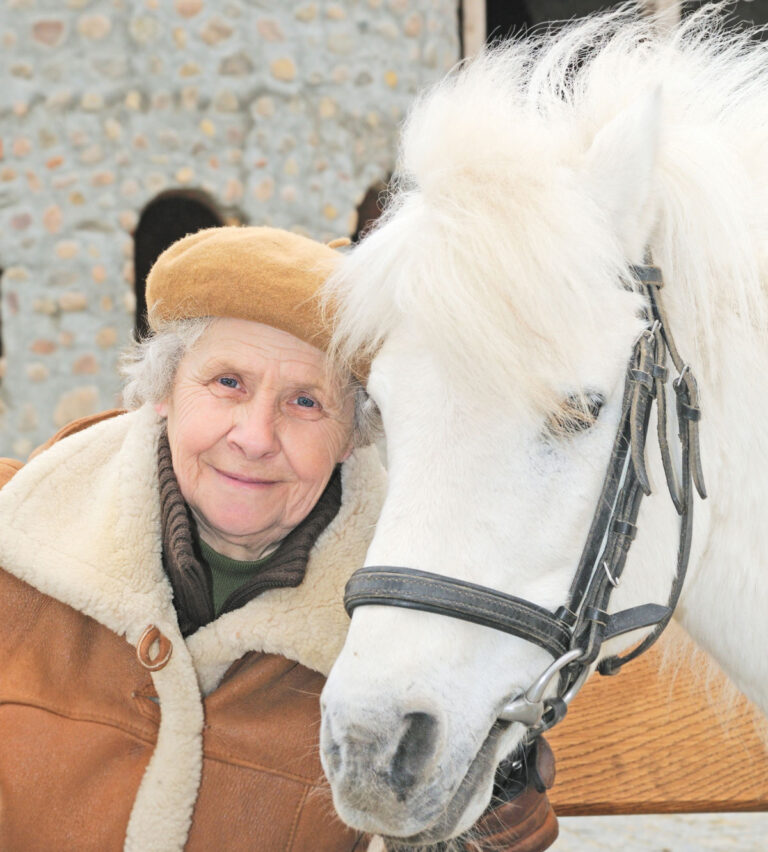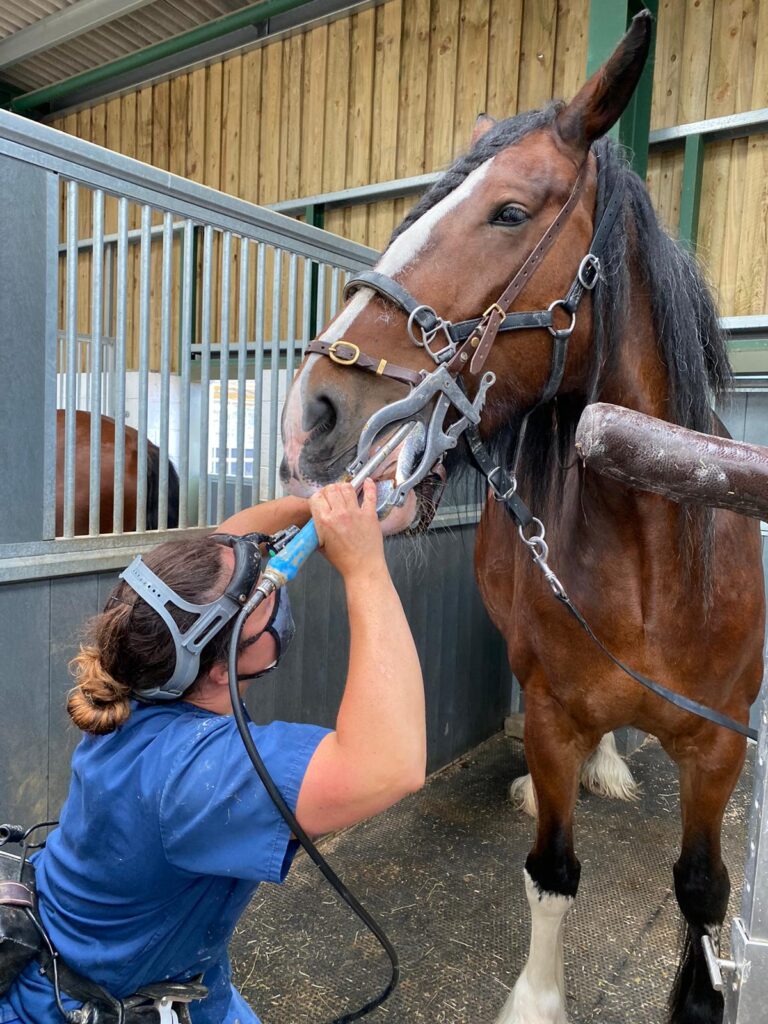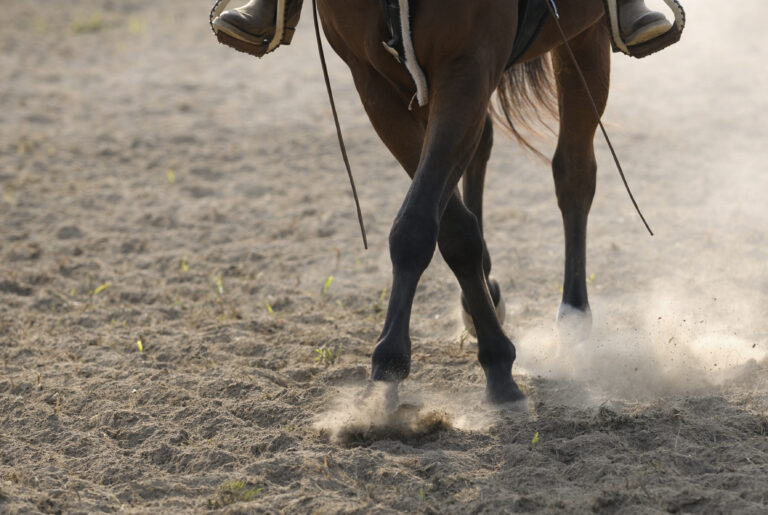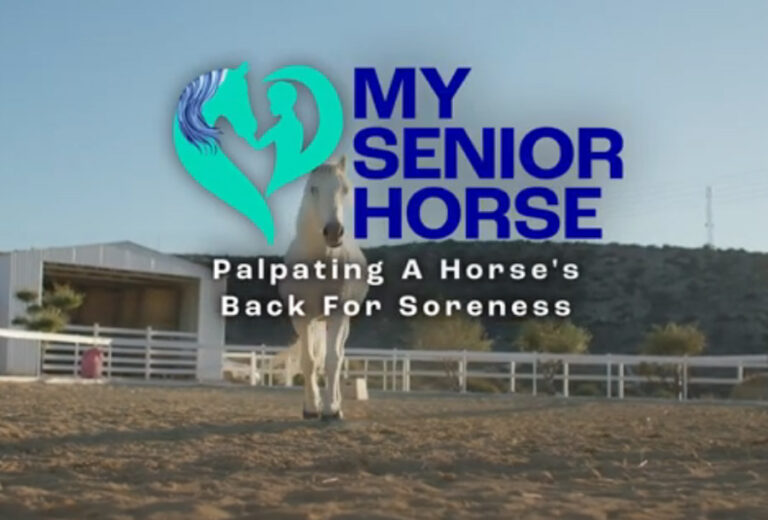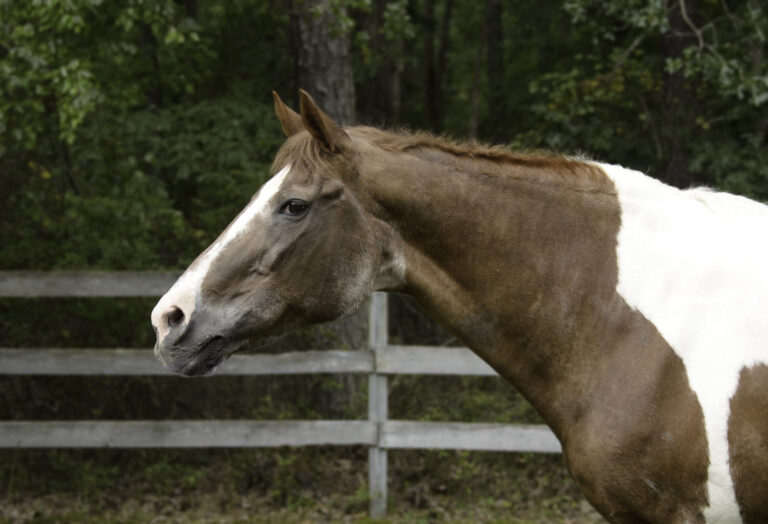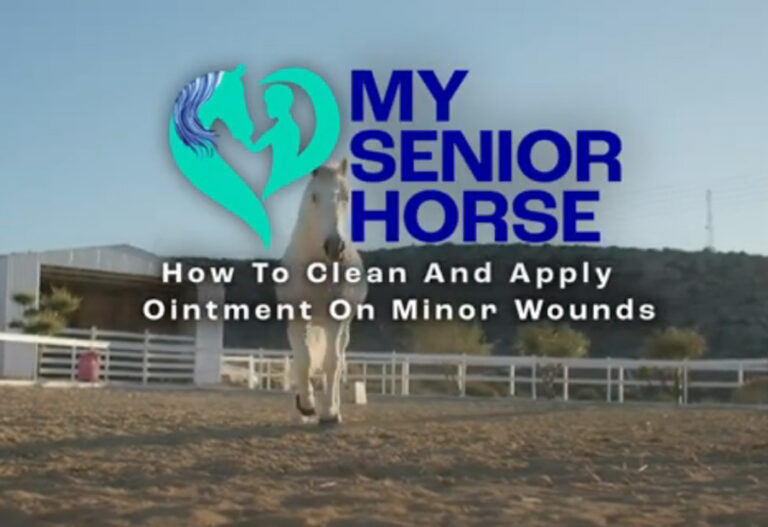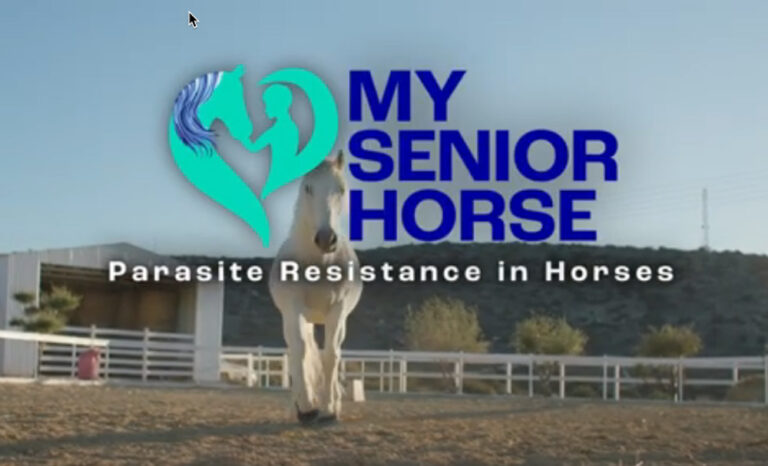Equine retirement is not something we think about every day. For many of us, our horses are part of the family. That means their well-being remains a top priority for us throughout their lives. This is true even when their careers are coming to an end or might be over.
Just as we plan for our own retirement, it is crucial to plan for our equine partners’ retirement. This allows us to ensure that they enjoy a fulfilling, comfortable, and content life in their golden years.
But, when is the right time to slow down or retire your horse?
Equine Retirement Tips
Determining the right time to retire your horse is a crucial decision. There is no one-size-fits-all answer. It depends on various factors, including your horse’s age, health, and activity level.
Here are some aspects to consider when planning for your horse’s retirement:
1. Age: Ageing in horses, like people, is highly individual. Some ponies can be still doing Pony Club easily with their 10th jockey in their 30s. Whereas, some horses really start to show their age in their mid-teens. There isn’t a set age a to define a horse as ‘old,’ nor does it happen overnight. So, it’s really important to keep a lookout for the subtle signs that your horse is feeling its age. That might be, for example, slower recovery times post exercise or a loss of muscle tone.
2. Activity level: Another consideration is what your horse or pony’s current job is. Is it a leisure/pleasure horse in light work, or is it an elite competition horse? If the former is true for your horse, it might not have to retire until it reaches its late 20 or even 30s. But, if you have an advanced event horse, 18 years old might be the time to hang up the cross-country colours and retire to it to the field for a more chilled life.
3. Health Issues: Chronic health problems such as arthritis, lameness, or recurrent injuries can make it challenging for your horse to continue working or competing. As a horse gets older, it pays to keep up all its veterinary, physiotherapy, dental, and internal parasite checks to help keep it healthy and on the road for longer. Any health issues should be discussed with your veterinarian, especially issues that might have an impact on your horse’s career or ridden activities.
4. Decreased Enthusiasm: If your horse starts showing disinterest in activities it used to enjoy or becomes lethargic, this could be a sign that it is ready for a quieter life. Subtle signs include aggressive or grumpy behaviour whilst being tacked up or even during ridden work. It might also be time to review what type of work you do. For example, 10-meter circles are pretty unforgiving for arthritic joints, but long slow hacks on even ground might be of benefit. Be adaptable.
5. Physical or fitness changes: Pay attention to any physical limitations, such as reduced fitness or difficulty maintaining an ideal body condition. Feeding regimens might need to be adjusted to help maintain a healthy weight. Proper nutrition should be provided to support well-being, allowing your senior horse to stave of retirement as long as possible.
Is it ‘Just His Age’?
We sometimes dismiss our own aches and pains or decreased energy levels as simply being part of getting older. However, we shouldn’t make assumptions about ourselves or our horses.
Don’t think that ‘grumpy’ behaviour, muscle loss, or muscle wastage are just signs of aging, they might be signs of a clinical condition that could be addressed or treated. Seek advice from your veterinarian, especially if changes seem sudden, expected, or out of character.
Final Words
Ultimately, your horse should play a significant role in steering the decision on when to retire or at the very least when to shift to a slower pace of life. Seek input from your support team, such as your farrier, veterinarian, and physiotherapy to aid your decision.
Remember, you know your horse best.
Lastly, whenever you decide to retire your horse, many horses find it beneficial to transition into retirement through a gradual reduction in their workload rather than an abrupt end to ridden work.
Further Reading
Planning Retirement for an Older Horse. Dr. Merry Smith. MySeniorHorse.com
-
Clare Barfoot is a registered equine nutritionist with the Association of Nutrition. She is Marketing and R&D Director for Spillers and oversees the nutritional management of all that company's products.View all posts

